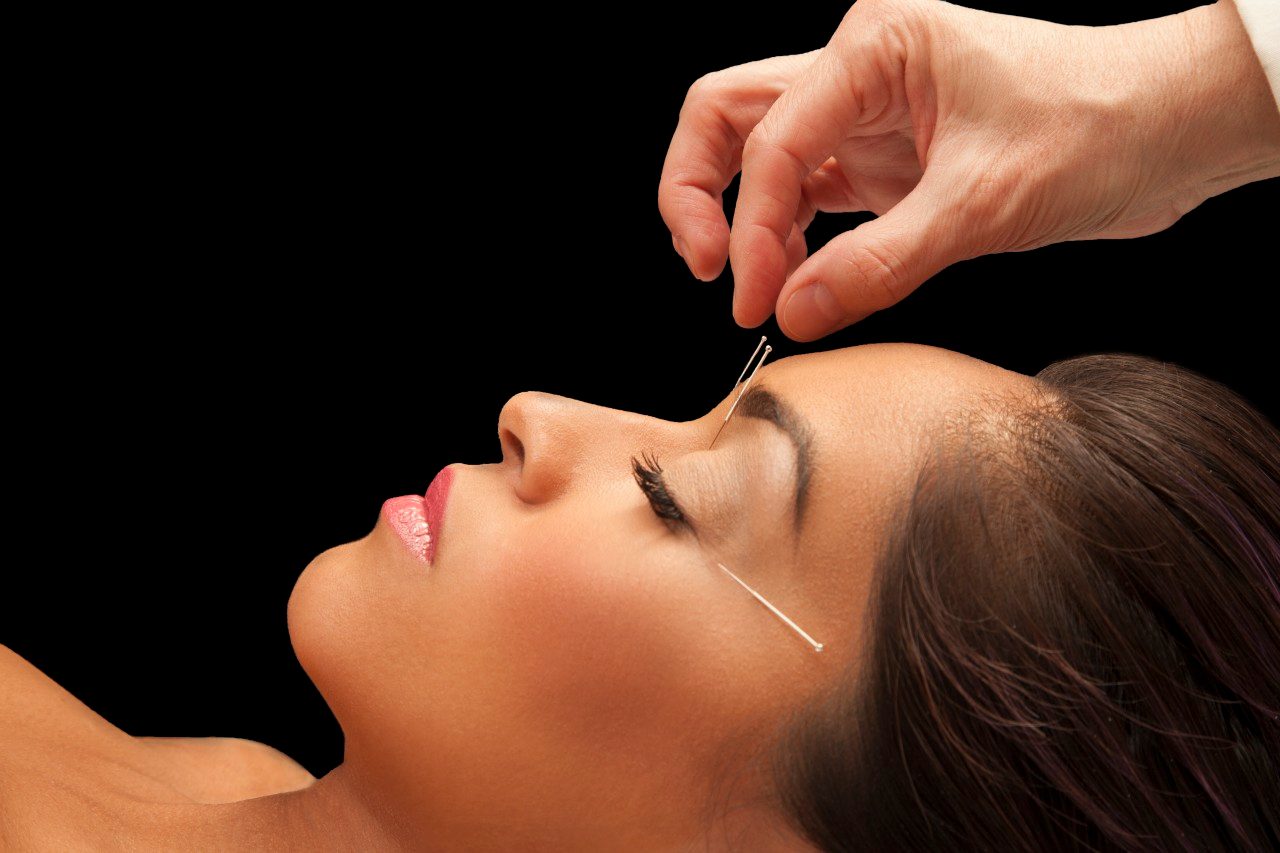What Is Acupuncture?

Acupuncture — an ancient Chinese art involving needles — is best known in the United States to treat pain, especially if you have trouble managing it.
Especially if you have trouble managing pain, you may be encouraged to try acupuncture.
What is acupuncture?
The practice dates back at least to 200 B.C. in China, from the first written account in The Yellow Emperor’s Classic of Internal Medicine. The idea is that health depends on a balanced flow of Qi (pronounced chee) traveling through meridians. Stimulating specific spots in the body to release Qi could prevent illness or manage symptoms.
Western language has no obvious words for either qi or meridians, which don’t correspond to the known nervous system.
YOU MIGHT ALSO LIKE: Tell Your Doctor What You're Doing to Manage Pain
To stimulate the key points, an acupuncturist may insert hair-thin needles under your skin. Other options are to use heat, suction, or electromagnetic impulses for stimulation. You shouldn’t feel pain during the treatment. In fact, you might even press on key spots yourself, during do-it-yourself acupressure.
The precise points appropriate for various ailments have evolved over time.
The history of acupuncture
Some of the points still in use today appear on 15th-century bronze statues used to teach acupuncture. In the 17th century, Jesuit missionaries returning from China spread the idea and practice of acupuncture through Europe. Acupuncture fell out of favor in China, however, and by the early 20th century doctors at the Chinese Imperial Medical Academy no longer studied it.
Acupuncture revived in China under Chairman Mao. In the United States, it won attention in 1971, when New York Times reporter James Reston wrote about his experience with acupuncture to relieve pain after an emergency appendectomy in China.
Since then, acupuncture has grown more popular around the world among people seeking alternatives to Western medicine. It has been widely promoted, for example, to quit smoking, although Western research hasn’t supported the claim.
Does science support acupuncture?
As researchers have studied how acupuncture might work, translated into concepts from Western science, they’ve concluded so far that it is appropriate to treat pain and nausea and vomiting, and it shows promise in other areas. For a summary of the evidence of its effectiveness treating various conditions, see this Mayo Clinic overview.
In the Western explanation, acupuncture relieves pain because a needle stimulates a nerve that signals the release of beta-endorphins, the body’s own opioids. It’s also possible that acupuncture alters cells in connective tissue and may stimulate the vagus nerve, which governs inflammation throughout your body (chronic pain is linked to inflammation).
The U.S. Department of Defense has taken acupuncture seriously as a pain treatment, training thousands of providers in “battlefield acupuncture,” a protocol of needles in the ear. Several states have explored acupuncture for chronic pain as they look for ways to cut back on opioid prescriptions.
In one overview by four U.S. anesthesiologists of non-drug treatments for the all-over-body pain of fibromyalgia, they concluded that meditation and cognitive behavioral therapy were more promising.
Research is underway to see how acupuncture might help with nerve issues beyond pain, for example, stroke or tinnitus. A meta-analysis of acupuncture to recover after spinal cord injury found only 12 studies, which did show improvements in motor function and functioning.
If acupuncture reduces inflammation, it could help relieve a variety of inflammation-related problems, including obesity. One review found 18 randomized controlled studies of ear acupuncture for weight loss, though they were small (the largest had 200 participants). The review concluded that ear acupuncture was linked to an average loss of about 3 pounds.
The National Cancer Institute and other major medical organizations in the United States and Europe regard acupuncture as an appropriate treatment for post-chemotherapy nausea and vomiting. A meta-analysis of 30 randomized and controlled trials with more than 2,500 volunteers concluded that acupuncture cut post-surgical nausea and vomiting, a common reaction to anesthesia, within hours or a day.
The National Institutes of Health supports research on acupuncture, seeking to identify its effect beyond placebo. The ceremony with the needles could have a positive effect in itself because you feel cared for. But that is true of other treatments as well.
The bottom line
Acupuncture is safe with a careful practitioner and could be worth a try, especially if other treatments haven’t helped relieve your pain or are expensive or risky.
Updated:
July 13, 2023
Reviewed By:
Janet O’Dell